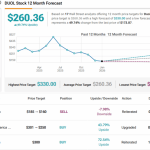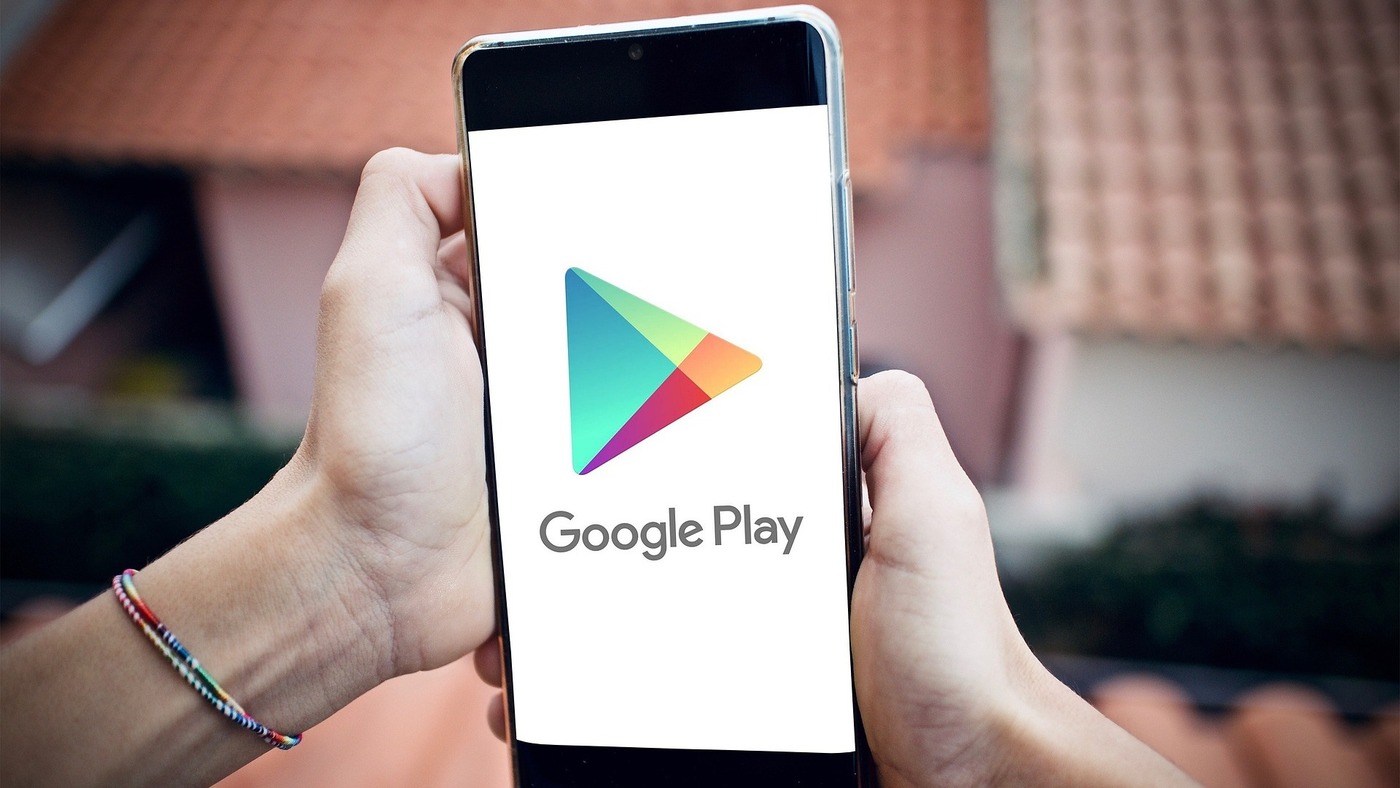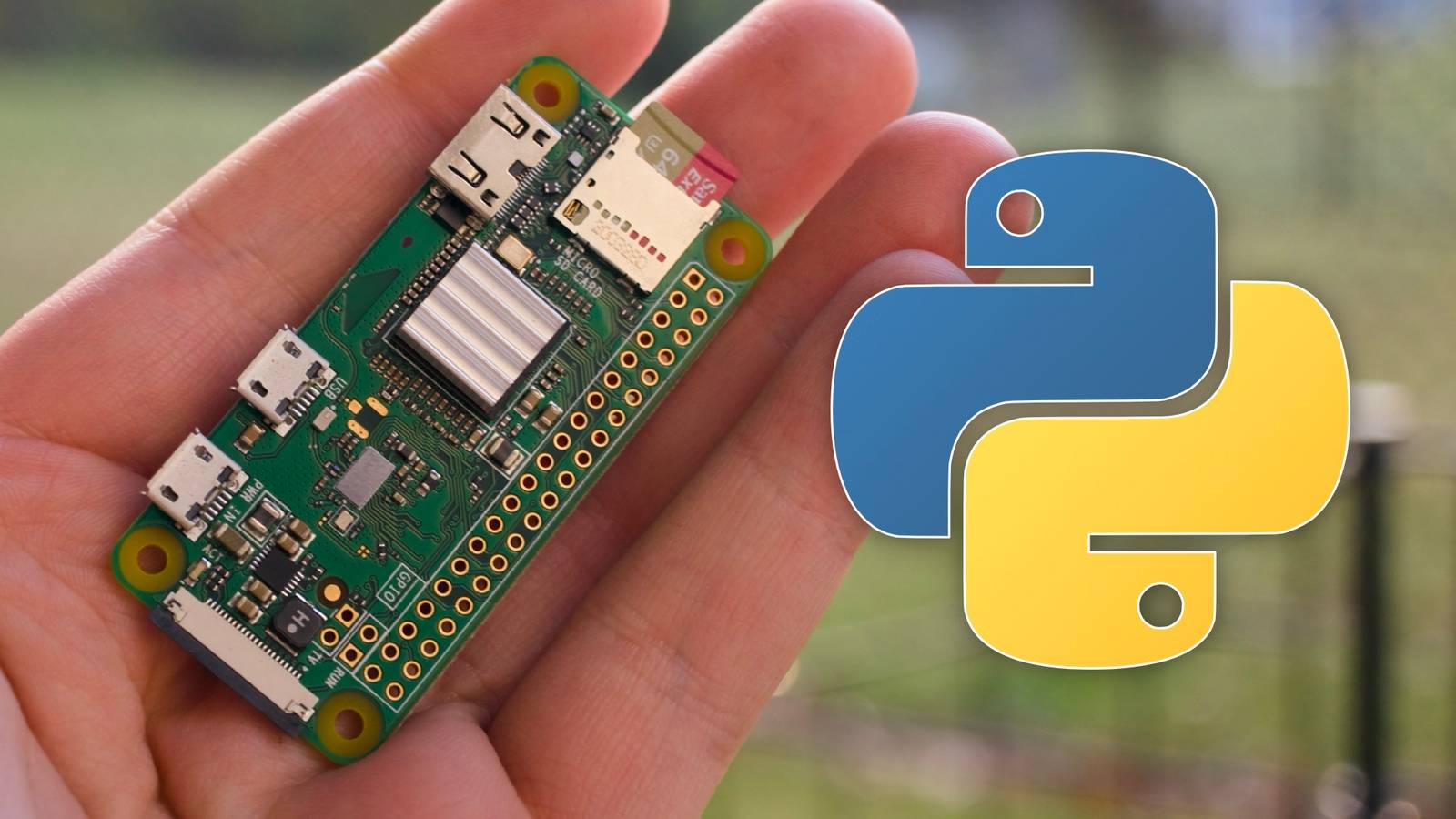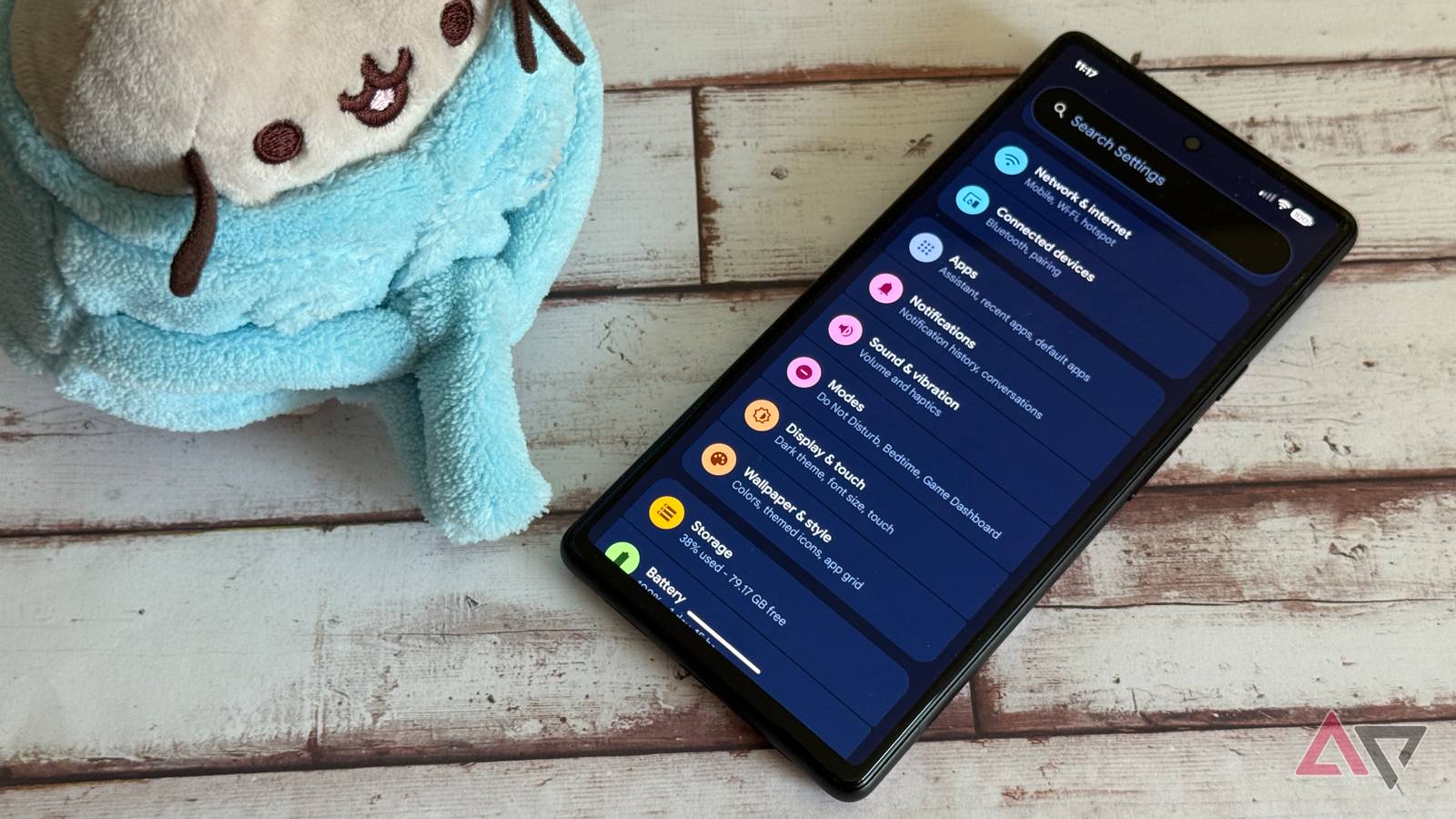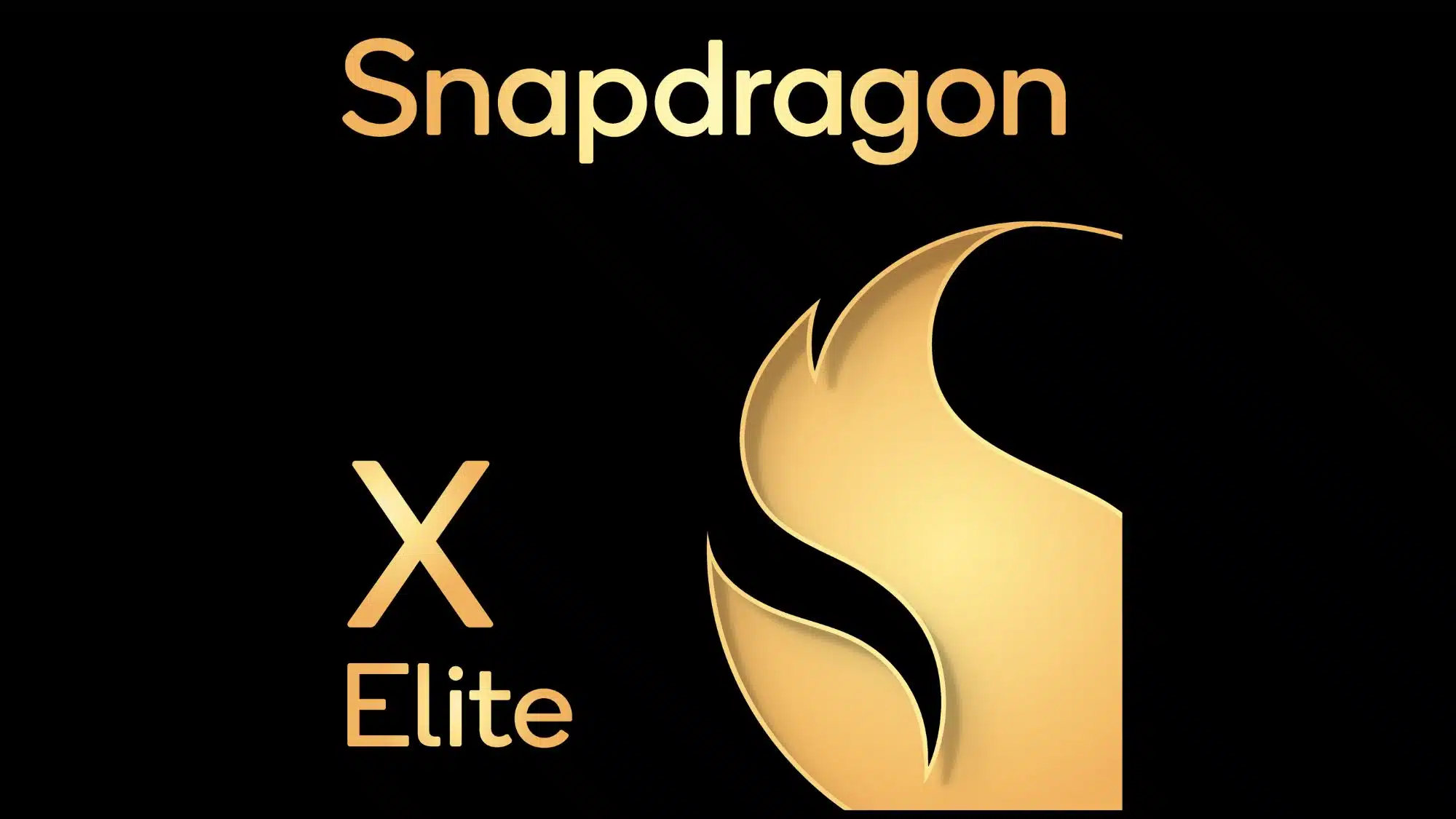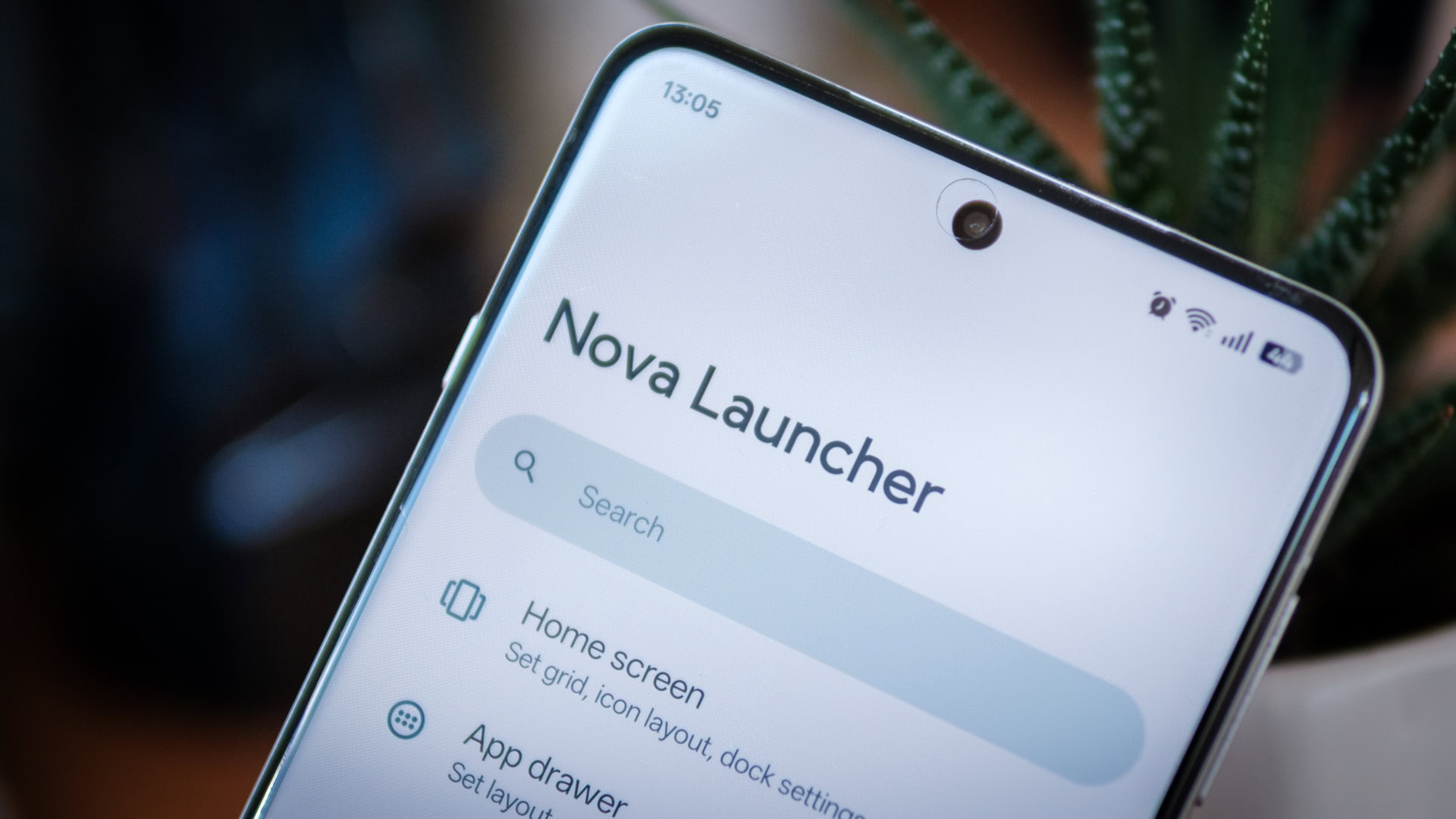A historic decision of the United States Supreme Court blocked Google’s attempt to delay the radical changes in its Android application policies, forcing a massive change in the functioning of its Play Store. The decision represents one of the most important antitrust backhands in Google history and could reshape the way digital markets can work in the coming years, especially on Android devices.
The United States Supreme Court refuses to stop Google Play Store reforms
Google’s legal foundations were shaken on October 6, 2025 when the Supreme Court refused to suspend the key parts of an injunction of the lower court forcing the company to reform its App Store practices. The decision means that Google must begin to implement changes ordered by the American district judge James Donato in October 2024.
The technology giant had argued that the application of the injunction would immediately lead to “irreparable damage” to safety, reputation and the basis of Android users. However, the Supreme Court has issued a brief refusal which now allows the injunction to continue while Google continues its call.
Consequently, Google must begin to deploy the compulsory reforms later this year, with the full compliance expected in July 2026. The refusal to grant a stay comes after months of dispute in which Google sought to convince the judges of appeal that the injunction damaged the Android ecosystem. The Court’s decision suggests that the judges were not convinced, leaving Google other choice than to restructure the Play Store as ordered.
What the injunction requires from Google
The injunction of judge Donato aims to reduce Google’s control over how applications are distributed and monetized on Android devices. Google must allow developers to include external links within their applications, allowing users to bypass the invoicing of the Play Store and to avoid costs that often vary between 15 and 30%.
These reforms followed a trial brought by Epic Games against Google, which the jury found in favor of Epic Games. But the changes go further. This injunction also obliges Google to allow rival application stores to be downloaded via the Play Store from July 2026. It must also put its application catalog available to competitors and refrain from offering exclusive offers or incentives, such as income sharing or preinstallation advantages, which discourage manufacturers or developers of Prothat Stores.
For three years, Google is forbidden to conclude agreements that promote its own market or disadvantage of others. Essentially, the decision dismantled the protective walls that have long supported the domination of the game store. The regulators and the courts hope that this will create an environment that benefits developers through more equitable terms and offers consumers greater freedom of choice.
VS Google epic games
Epic Games began his trial against Google in August 2020, accusing the technology giant of maintaining a monopoly via its play store and its payment systems. This case was similar to the anterior EPIC dispute with Apple, but specifically focused on the Android distribution model.
In December 2023, a jury noted that Google had violated anti -rust American laws by unjustly linking its billing system to the Play Store and discouraging competition from third -party stores. Judge Donato followed his injunction in October 2024. Google then called on the ninth Circuit Court of Appeals, which confirmed the decision in July 2025.
The company then turned to the Supreme Court as a last resort, asking it to delay the implementation until the wider call can be resolved. The refusal of the Supreme Court actually firm this door, at least for the moment.
Epic and his supporters argue that Google’s statements on user safety are overestimated. Google insists that its restrictions protect users from malware and data theft, but Epic maintains that these fears are exaggerated and are mainly used to justify Google’s monopoly.
Tim Sweeney, CEO of EPIC, described the decision of the Supreme Court as a striking, tweety victory: “The Supreme Court rejected Google’s suspension request. From October 22, the developers will legally have the right to direct Google Play users in the United States to payments out of application at no cost, scattered screens and friction-identical to Apple App Store users in the United States!
The Supreme Court rejected Google’s suspension request. From October 22, the developers will legally have the right to direct Google Play users in the United States to payments without costs, scary screens and friction-such as Apple App Store users in the United States! pic.twitter.com/s64yvqlyym
– Tim Sweeney (@timsweeneyepic) October 6, 2025
Impact on Google, developers and users
For Google, the decision represents a major financial and strategic blow. The Play Store generates billions each year thanks to service costs on purchasing and integrated subscriptions. The opening of Android in third -party stores and alternative payment systems could considerably reduce these income.
Google has also warned that such a opening could compromise user safety by allowing potentially harmful or hacked applications to reach consumers. Despite these concerns, the company must now prepare for compliance when it continues its call, which it has until October 27, 2025 to file.
Although this is a hard blow for Google, the legal battle is not yet completely over.



